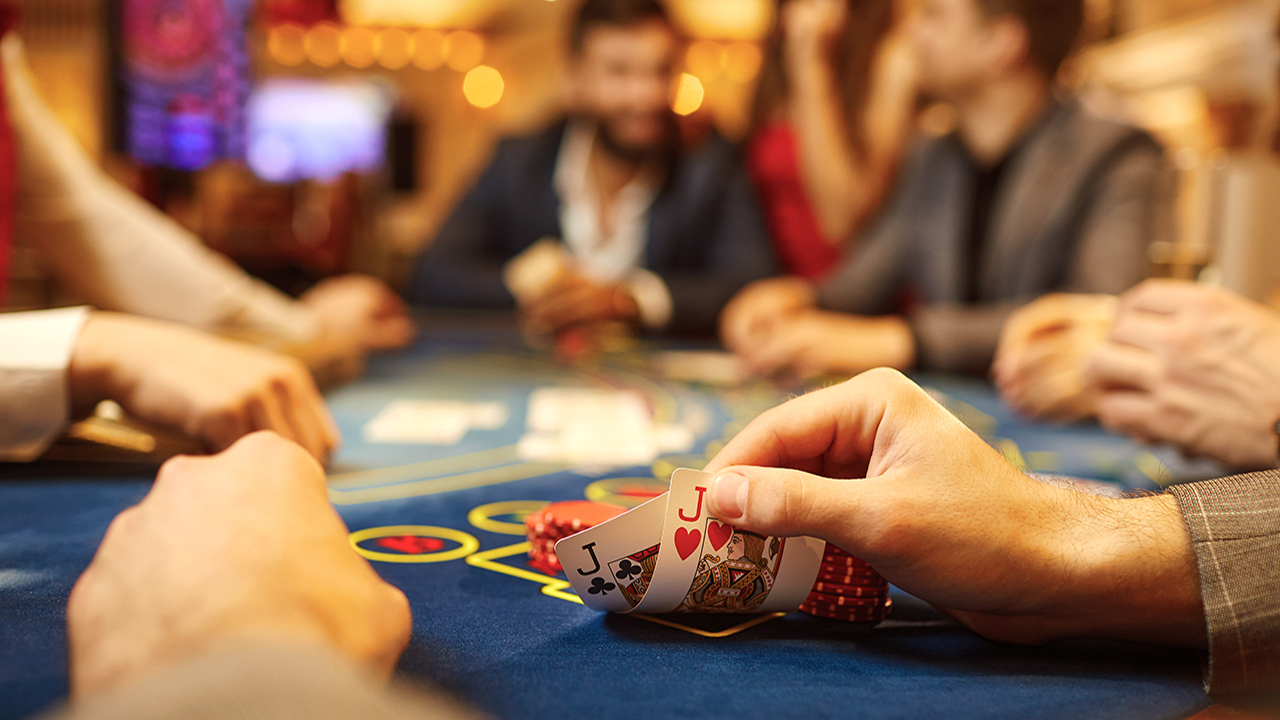Gambling encompasses a broad range of activities, including casino gaming, bingo, slots, sports betting, lotteries, and more. Just as there are different ways to gamble, there are also various different types of gamblers.
Not everyone fits neatly into just one category, of course, but gamblers in general tend to fall into at least one of the following common groups:
Casual gamblers
Whether it’s meeting up with friends for an afternoon at the races, or the occasional half hour playing online casino games, winning isn’t really the goal for the casual gambler. It’s more about the experience, with an emphasis on having fun. There’s no expectation of ending up in profit, which in turn means that even the most modest of wins makes for a fantastically enjoyable experience.
Careful budgeting is instinctive for the casual gambler, so anything that gives their funds a boost is considered a positive. These are the players who enjoy taking advantage of online bonuses, but they expect offers to be fair and transparent. Wagering requirements that would need them to keep on playing and chasing losses aren’t of interest to them. What they want is a straightforward no wagering casino bonus, that can be withdrawn as soon as it’s been played through once. Not that these types of bonuses are easy to find, that they can be tracked down if you know where to look for them.
The majority of gamblers in the UK tend to be casual gamblers. They are generally unlikely to be at risk of problematic gambling, and have no trouble walking away from an unsuccessful experience with a smile on their face.
Serious social gamblers
They’re not lacking a smile – far from it, in fact. The serious social gambler thoroughly enjoys the experience in the same way as the casual gambler, but with far more emphasis on the social aspects. For these players, it’s more of a regular hobby than an occasional activity. But that’s not to say the serious social gambler is any way inclined to problematic gambling behaviours.
Gambling may be a key pastime, but it never comes at the expense of friends, family or work. The aim isn’t necessarily to win, but the hope is certainly to at least break even. People who fall into this category set aside specific sums of money to put towards their gambling, and always keep within their limits.
Importantly, they tend to be the type of people who never gamble alone. They you to head out with friends, or they set their sights on making new friends at the casino with each visit.
Professional gamblers
A rarer type, professional gamblers have a somewhat more serious job to do, and they’re prepared to put in the required work. They know it isn’t possible to make a living playing games of chance, such as Roulette or Craps. Pro gamblers study skill game strategies, or devote hours to following their favourite sports. They have expert knowledge and they know exactly what’s required to come out ahead.
Games of preference to these types of gamblers are those where there is a definite degree of skill involved. Examples of which include Poker, most types of sports betting and (to a slightly lesser extent) Blackjack.
Professional gamblers need patience and a high degree of self-discipline, as their success depends on their ability to stay in control. They understand how to ride out the big wins and losses and still end up on top. It makes pro gamblers highly unlikely to become problem gamblers. That said, this is also a group where joy and entertainment can sometimes take a back seat to the more methodical process of pursuing profits.
Escape gamblers
As the name suggests, escape gamblers using gambling as a way of seeking refuge from a problem. As a means of numbing feelings of anger, depression, anxiety or even boredom, the act of gambling can remove the problem. At least temporarily, although it’s not a solution – it even has the potential to make things even worse.
Escape gamblers aren’t chasing wins or losses. Instead, they’re chasing an escape from having to think for a while. Unlike problem gamblers, the escape gambler stops the activity when/if the underlying problem has been addressed. Escape gamblers don’t usually show signs of addictive gambling behaviour, but the extent of their issues can see them spending an unhealthy amount of time gambling.
The simple fact of the matter is that anyone gambling for reasons that go beyond entertainment and enjoyment should seek professional help and advice as promptly as possible.
Problem gamblers
Gambling becomes a problem when a player spends so much time gambling that other commitments are negatively affected. Problem gamblers become completely preoccupied with thoughts of gambling and can’t wait to try again. The desire to gamble takes over at the expense of everything else in their lives. Likewise, anyone who gambles with a penny more than they can comfortably afford to lose is considered to have developed a gambling problem.
According to the UK Gambling Commission, around 5% of the UK population are problem gamblers, with 1% of them being compulsive or pathological gamblers. And in some cases, the player doesn’t even recognise they have a problem.
For the compulsive gambler, a winning streak triggers unreasonable optimism about future prospects. A losing streak leads to confusion and irrational behaviour, and the belief that wagering more will compensate for previous losses. It’s a downward spiral, and support is needed to help them stop gambling.
Anyone with negative feelings surrounding gambling can seek help from support groups such as BeGambleAware and GamCare. Advice, tools and resources are freely available to those in need, including personalised treatment plans.
When the Fun Stops, Stop….
Once again, it is crucial to emphasize the importance of knowing when to walk away. All gambling activities should provide those taking part with an enjoyable experience. If not, the individual in question has completely lost sight of what gambling is supposed to be – their form of entertainment.
The official statement on the whole thing – When the Fun Stops, Stop… – really is about as clear and accurate as it gets.
You might also find the following articles interesting:
- 10 Points to Ponder as a Roulette Newbie
- 10 of the Most Expensive Mistakes in Human History
- 10 Things Billionaires Can Do That You Totally Can’t!














